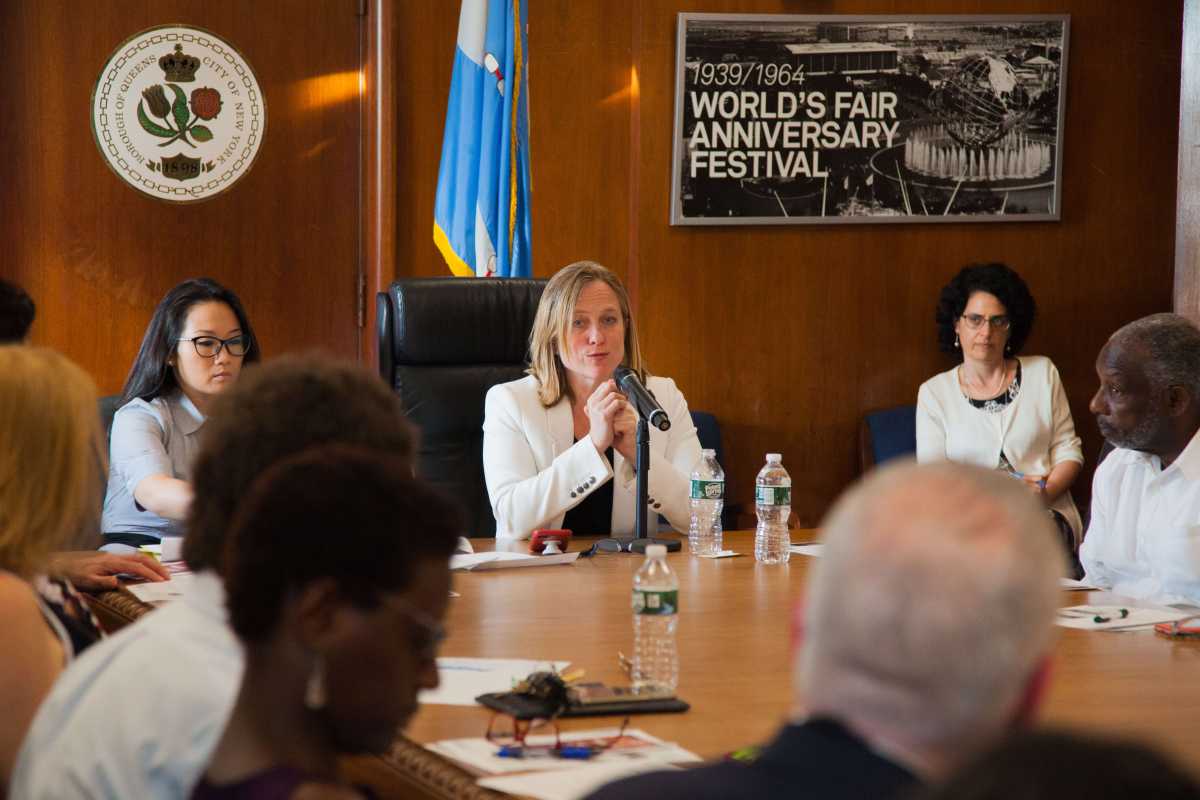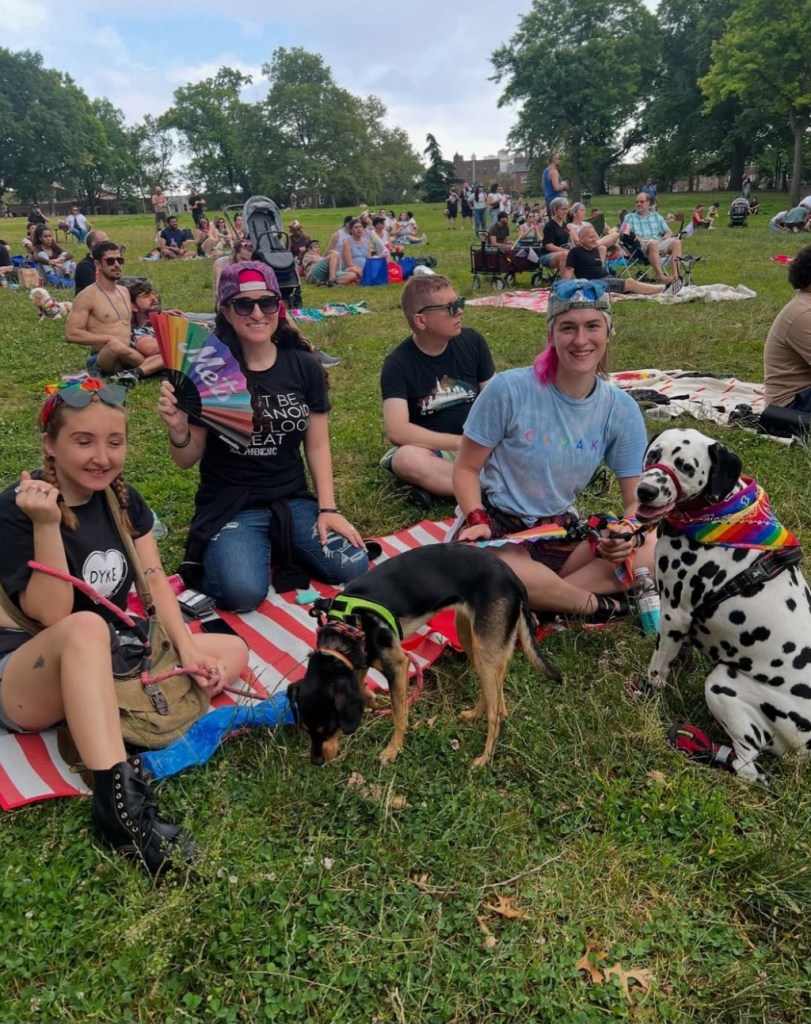On Monday, Queens Borough President Melinda Katz and Community Board representatives across the borough grilled the New York Regional Census director about the obstacles that the “World’s Borough” faces to receiving a fair count in 2020.
At the meeting at Borough Hall, Jeff Behler, the director of the New York branch of the Federal Census Bureau, presented a plan detailed the bureau’s plans to open four offices in Queens, hire around 10,000 of workers and roll out programs that are designed to collaborate with local groups.
In a question and comment period after the presentation, the group of board representatives and Katz treated it as a forgone conclusion that the borough will be undercounted in the survey. They identified two major obstacles toward ensuring a fair count: foreign language access and getting funding to community-based groups.
“I know this is probably a ‘no,’ but is there any safety net? What if the numbers come back that are clearly wrong? What if Queens shows an undercount of a mass amount? Because I’m just telling you that’s going to happen,” said Katz.
“This is really it. You get one count every 10 years,” Behler responded.
In addition to setting the time frame of the census rollout, Behler’s presentation emphasized the importance of the data, which will determine the number of Congressional seats Queens gets in addition to its portion of the $675 billion dollars in federal funding that is allocated across the entire country.
Anticipating the suspicion that the legal battle over including the citizenship question on the survey has engendered in the undocumented population, Behler emphasized the security measures that protect each individual’s data.
“Every piece of data that is being provided to the census bureau can’t be shared with anyone else. Period. We can’t share it with local, state law enforcement or Homeland Security,” he said.
As a means of building trust, Behler highlighted a service the Census Bureau offers called the partner program where they send out representatives to any local organization that wants to hold an educational forum – be it at a place of worship or a restaurant.
It is the Mayor’s Office, not the Census Bureau, however, that takes on the key role of hiring community groups to actually do the work of door knocking to get residents to fill out the survey. This year the state budget includes $20 million for this outreach – only half the amount advocates requested.
Katz did not know off the top of her head the timeline or process through which community organizations – especially ethnic groups with strong ties to the foreign language speakers – can apply to hire census workers. The Mayor’s Office did not immediately respond to comment with this information.
Behler received pushback on this topic after he revealed that the bureau only offers its services online, by phone, by mail in 12 languages in addition to English. In the U.S. at large, this covers 99 percent of all U.S. households, but, as the group pointed out, that statistic doesn’t hold much water in Queens where there are over 160 languages spoken and 26 percent of residents who have limited English proficiency.
“In our district of Community Board 1, we were completely undercounted to the point that our census count shows that we were going from 210,000 to 177,000 citizens in one of the fastest growing communities in the world,” CB 1 District Manager Florence Koulouris. “We have Greek, we have Benghali, we have Italian,” she said. None of those three languages are included in the 12 that the Census Bureau offers.
Koulouris’ claim that her district was the most diverse in the borough caused an uproar from the other community board leaders.
“Those are fighting words around here,” laughed Katz.




































